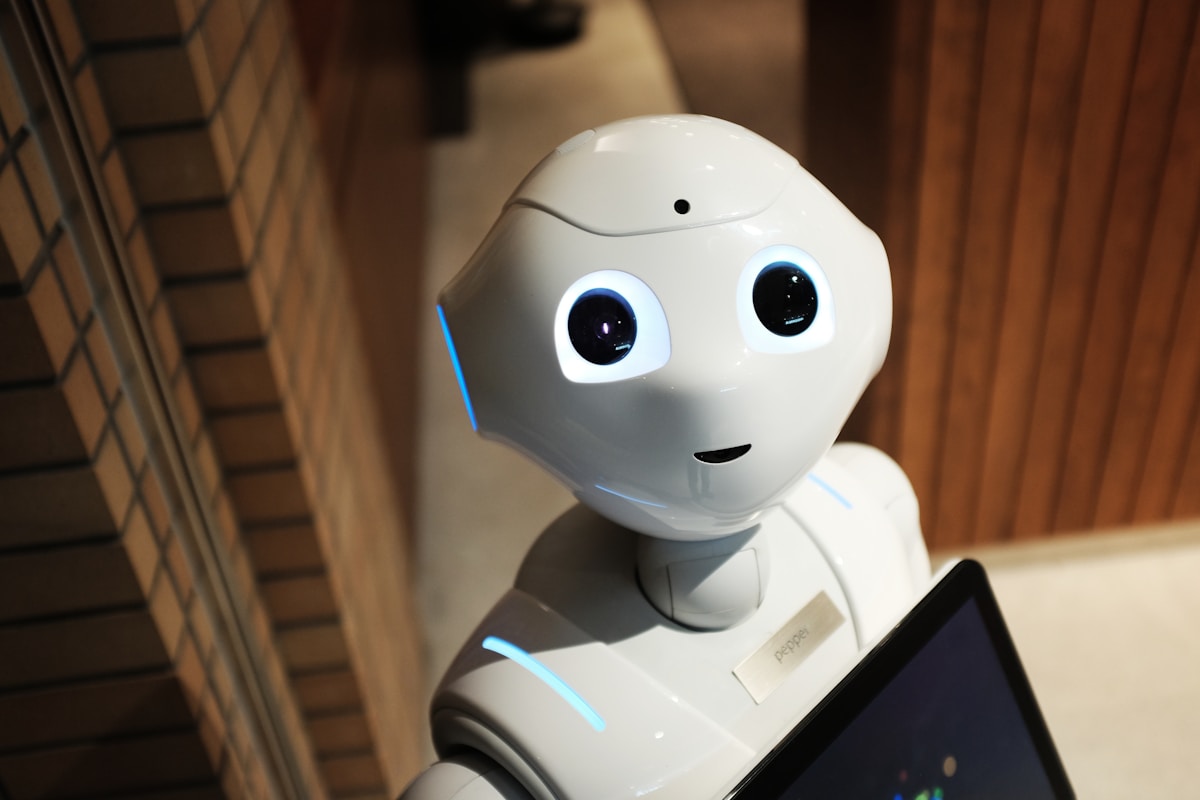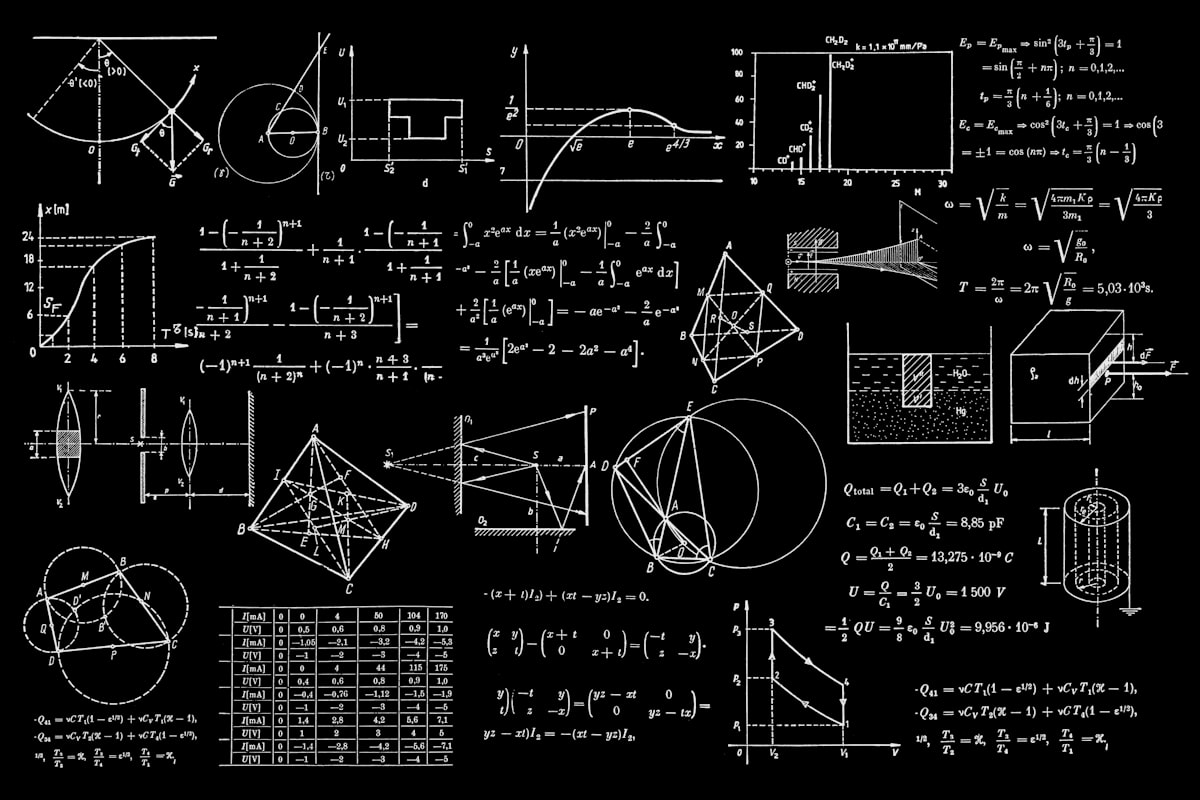Gemini 2.0: Google's Revolutionary AI Model Ushers in the Agentic Era
Google DeepMind launches Gemini 2.0 on December 11, 2024, introducing native multimodal capabilities, real-time audio-video processing, and groundbreaking agentic experiences with Project Astra and Project Mariner.

Gemini 2.0: Google's Revolutionary AI Model Ushers in the Agentic Era
On December 11, 2024, Google DeepMind introduced Gemini 2.0, marking a pivotal milestone in the evolution of artificial intelligence. More than just an incremental update, Gemini 2.0 represents Google's bold vision for the "agentic era"—a future where AI models don't just respond to queries but actively understand, reason, and take action on behalf of users. With native multimodal output capabilities, enhanced reasoning powers, and revolutionary research prototypes like Project Astra and Project Mariner, Gemini 2.0 signals a fundamental transformation in how humans interact with AI systems.
Gemini 2.0 Flash: Speed Meets Intelligence
The first model in the Gemini 2.0 family to launch is Gemini 2.0 Flash, an experimental version that builds on the tremendous success of Gemini 1.5 Flash, which quickly became developers' most popular model. What makes Gemini 2.0 Flash remarkable is its combination of enhanced performance with maintained fast response times. In fact, it outperforms the previous flagship Gemini 1.5 Pro on key benchmarks while operating at twice the speed—a stunning achievement that demonstrates Google DeepMind's technical prowess in model optimization.
Beyond raw speed and intelligence, Gemini 2.0 Flash introduces transformative new capabilities that expand what's possible with AI. While earlier models supported multimodal inputs (images, video, audio), Gemini 2.0 Flash now supports multimodal outputs as well. This means the model can natively generate images mixed with text and produce steerable text-to-speech multilingual audio. These capabilities enable richer, more natural interactions that feel less like querying a database and more like conversing with a knowledgeable, versatile assistant.
Perhaps most significantly, Gemini 2.0 Flash integrates native tool use capabilities. The model can call Google Search, execute code, and interact with third-party user-defined functions directly within its reasoning process. This tight integration between thinking and acting represents a fundamental shift from passive information retrieval to active problem-solving—the essence of agentic AI.

Technical Excellence and Accessibility
Gemini 2.0 Flash is available immediately to developers through Google AI Studio and Vertex AI, with multimodal input and text output accessible to all developers. Native image generation and text-to-speech capabilities are available to early-access partners, with general availability planned for January 2025 along with additional model sizes. This phased rollout allows Google to gather feedback, refine capabilities, and ensure responsible deployment.
Supporting these capabilities is the new Multimodal Live API, which enables real-time audio and video-streaming input along with the ability to use multiple combined tools. This API opens possibilities for dynamic, interactive applications that respond to users' visual and auditory environments in real time—imagine AI assistants that can see what you see, hear what you hear, and take actions based on that rich contextual understanding.
The infrastructure powering Gemini 2.0 reflects Google's full-stack approach to AI development. The model was trained entirely on Trillium, Google's sixth-generation Tensor Processing Units (TPUs), which are now generally available to customers. This custom hardware-software co-design enables the exceptional performance and efficiency that makes Gemini 2.0's capabilities accessible at scale and reasonable cost.
Integration Across Google's Ecosystem
Google is rapidly integrating Gemini 2.0 across its product ecosystem. Starting immediately, Gemini users globally can access a chat-optimized version of Gemini 2.0 Flash experimental through the model dropdown on desktop and mobile web, with mobile app availability coming soon. Early in 2025, Gemini 2.0 will expand to additional Google products, bringing its advanced capabilities to billions of users.
One early feature powered by Gemini 2.0 is Deep Research, available in Gemini Advanced. This capability uses advanced reasoning and long context understanding to act as a research assistant, exploring complex topics and compiling comprehensive reports on users' behalf. It represents a practical application of agentic AI—the model doesn't just answer questions but conducts multi-step research workflows autonomously while keeping humans in the loop.
Google Search is also being transformed by Gemini 2.0. AI Overviews, which now reach 1 billion people, are being enhanced with Gemini 2.0's advanced reasoning capabilities to tackle more complex topics and multi-step questions, including advanced math equations, multimodal queries, and coding challenges. Limited testing began in late 2024, with broader rollout planned for early 2025. These enhancements continue to make AI Overviews one of Search's most popular features, enabling people to ask entirely new types of questions and receive comprehensive, synthesized answers.

Project Astra: The Universal AI Assistant
Among the most exciting developments accompanying Gemini 2.0 is the updated Project Astra, Google's research prototype exploring the future of a universal AI assistant. Since its introduction at Google I/O, Project Astra has been tested by trusted users on Android phones, providing valuable insights into how AI assistants can work in practice, including critical considerations for safety and ethics.
The latest version of Project Astra, built with Gemini 2.0, demonstrates significant improvements across multiple dimensions. Its dialogue capabilities now include the ability to converse in multiple languages and mixed languages, with better understanding of accents and uncommon words. This linguistic flexibility makes it accessible to a truly global audience and capable of handling the linguistic complexity of real-world interactions.
Project Astra's new tool use capabilities represent a major leap forward. With access to Google Search, Lens, and Maps, it becomes dramatically more useful as an everyday assistant. Imagine asking your AI assistant about a landmark you're viewing, and it instantly searches for information, identifies it through Lens, and shows you relevant Maps data—all in a natural, conversational interaction.
Memory improvements make Project Astra feel more personalized and context-aware. It now maintains up to 10 minutes of in-session memory and can remember previous conversations, enabling it to provide more relevant, personalized assistance over time. Importantly, users remain in control of these memory features, able to delete sessions and manage their data according to their preferences.
Latency improvements bring Project Astra's responsiveness closer to human conversation speed. With new streaming capabilities and native audio understanding, the model processes and responds to language at approximately the latency of natural human dialogue. This responsiveness is crucial for creating the seamless, natural interactions that make AI assistants feel truly helpful rather than frustratingly slow.
Google is expanding Project Astra testing to more people, including a small group beginning to test it on prototype glasses. This form factor exploration hints at Google's long-term vision for ambient, always-available AI assistance integrated naturally into users' visual field and daily activities.
Project Mariner: AI That Navigates the Web
One of the most ambitious research prototypes introduced with Gemini 2.0 is Project Mariner, which explores the future of human-agent interaction starting with web browsers. Built as an experimental Chrome extension, Project Mariner can understand and reason across information displayed in a browser screen, including pixels and web elements like text, code, images, and forms. It then uses this understanding to complete tasks autonomously on users' behalf.
The implications are profound. Instead of manually clicking through dozens of websites to compare prices, fill out forms, or gather information, users can simply tell Project Mariner what they want to accomplish, and it handles the navigation and interaction. When evaluated on the WebVoyager benchmark, which tests agent performance on end-to-end real-world web tasks, Project Mariner achieved a state-of-the-art result of 83.5% working as a single agent.
While these capabilities are still early and sometimes slow or imperfect, they demonstrate that autonomous web navigation is becoming technically feasible. The pace of improvement suggests these limitations will rapidly diminish, opening possibilities for dramatically enhanced productivity and accessibility.
Safety and responsibility are paramount in Project Mariner's development. The system only operates in the active browser tab and requires user confirmation before taking sensitive actions like making purchases. Google is actively researching new types of risks and mitigations specific to web-navigating agents, including defending against prompt injection attacks where malicious websites might try to manipulate the agent's behavior. By keeping humans in the loop and implementing multiple safety layers, Google aims to realize the benefits of autonomous agents while protecting users from potential harms.

Jules: AI-Powered Developer Assistant
For developers, Google introduced Jules, an experimental AI-powered code agent that integrates directly into GitHub workflows. Jules can tackle coding issues end-to-end—understanding the problem, developing a plan, and executing the solution—all under developers' direction and supervision. This capability is part of Google's long-term goal of building AI agents helpful across all domains, with coding as a particularly impactful early application.
Jules represents a practical implementation of agentic AI for professional workflows. Instead of replacing developers, it augments their capabilities, handling routine tasks and enabling them to focus on higher-level design and architecture decisions. Early feedback from developers testing Jules has been positive, with many reporting significant productivity gains and appreciation for the model's ability to understand context and follow complex instructions.
Beyond Virtual: Agents in Games and Robotics
Google DeepMind has a storied history of using games to advance AI capabilities, from AlphaGo's mastery of Go to Agent57's performance across Atari games. With Gemini 2.0, this tradition continues with agents that can navigate virtual worlds in video games. These agents reason about game environments based solely on visual information, offering real-time suggestions and assistance through natural conversation.
Google is collaborating with leading game developers like Supercell to explore these capabilities across diverse genres, from strategy titles like "Clash of Clans" to farming simulators like "Hay Day." These agents can even tap into Google Search to connect users with the vast gaming knowledge available on the web, effectively combining gameplay assistance with information retrieval.
Beyond virtual environments, Google is experimenting with agents that assist in the physical world by applying Gemini 2.0's spatial reasoning capabilities to robotics. While still early-stage research, these experiments hint at a future where AI agents seamlessly bridge digital and physical domains, assisting with real-world tasks that require understanding three-dimensional space and physical interactions.
Building Responsibly in the Agentic Era
As Google develops these transformative capabilities, the company recognizes the profound responsibilities they entail. The agentic era raises new questions about safety, security, privacy, and the appropriate boundaries between human and AI decision-making. Google is addressing these challenges through an exploratory and gradual approach, emphasizing safety at every stage.
Google's Responsibility and Safety Committee (RSC), a longstanding internal review group, works to identify and understand potential risks before and during deployment. Gemini 2.0's enhanced reasoning capabilities enable major advancements in AI-assisted red teaming, including automatic generation of evaluations and training data to mitigate identified risks. This allows Google to optimize models for safety more efficiently and at greater scale than previously possible.
As Gemini 2.0's multimodality increases output complexity, Google continues evaluating and training the model across image and audio inputs and outputs to improve safety comprehensively. For Project Astra, Google is exploring mitigations against users unintentionally sharing sensitive information and has built in privacy controls making it easy to delete sessions. Research continues into ensuring AI agents act as reliable information sources and don't take unintended actions.
Project Mariner's safety work focuses heavily on defending against prompt injection—ensuring the model prioritizes user instructions over potential attempts by third-party websites to manipulate its behavior. This prevents users from being exposed to fraud and phishing through malicious instructions hidden in emails, documents, or websites.
Vision for the Future
Gemini 2.0 represents more than technical achievement—it embodies a vision for AI's role in augmenting human capability. If Gemini 1.0 was about organizing and understanding information across modalities and context lengths, Gemini 2.0 is about making that understanding actionable and useful in practical ways.
The model's ability to reason across audio, vision, and text in real time, combined with native tool use and action-taking capabilities, creates a foundation for AI systems that genuinely assist rather than merely respond. As these capabilities mature and expand across Google's product ecosystem, they promise to transform how billions of people access information, complete tasks, and interact with technology.
Looking ahead, Google plans continued improvements to Gemini 2.0, expansion to additional products and use cases, and ongoing development of agentic capabilities through research prototypes. The company is committed to maintaining its responsible approach—advancing capabilities while prioritizing safety, gathering user feedback, and iterating based on real-world learnings.
Gemini 2.0 marks a new chapter in AI development, one where models transition from passive information processors to active, helpful agents that understand users' needs and take appropriate actions to fulfill them. As this vision becomes reality, the possibilities for enhancing human productivity, creativity, and quality of life expand dramatically. The agentic era has arrived, and Gemini 2.0 is leading the way.



